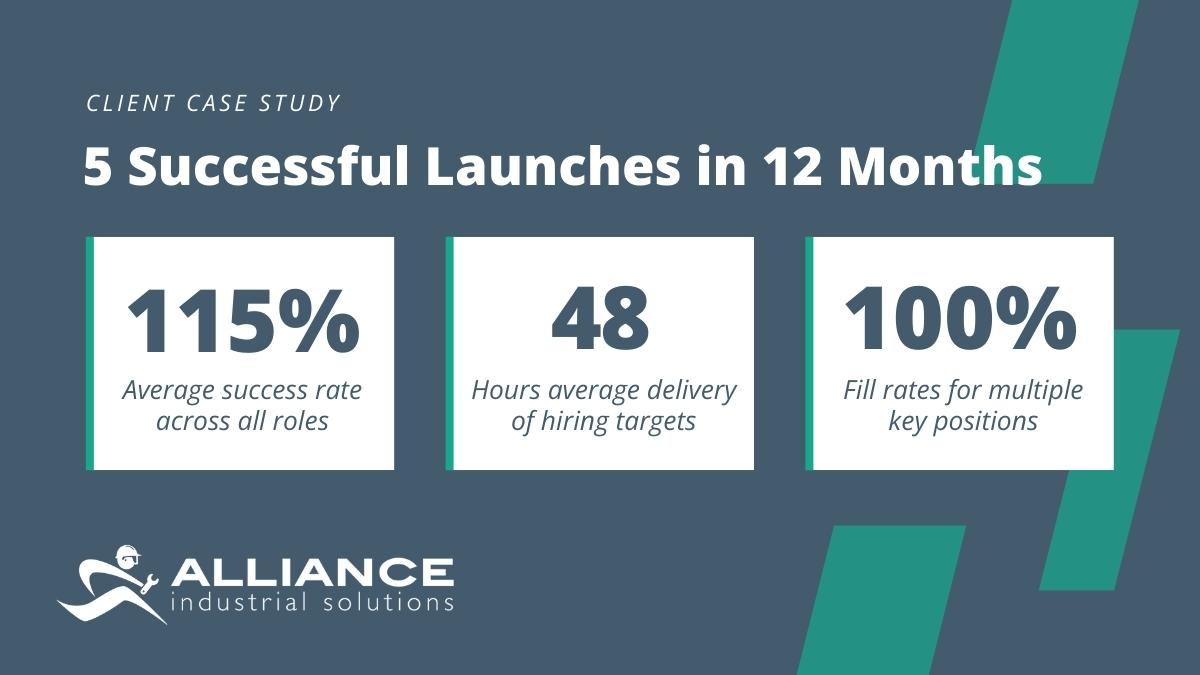Happy employees are engaged in their work, maintain quality output, and are much more likely to stick with their jobs over longer periods of time. Unhappy employees disengage from their work, are less productive, and could be planning to leave your organization.
The impact of unhappy employees on your bottom line can be significant. When work becomes sloppy and riddled with mistakes, correcting them can be costly — in time, money, and team morale.
Recognize the Red Flags
The key to retaining good workers and maintaining quality production? Awareness. Noticing when employees begin demonstrating behavior that could indicate they are feeling unhappy in the workplace.
When you know what to look for, you can intervene and take the necessary steps to re-engage them, before it’s too late. Here are six warning signs not to ignore.
A Sudden Satisfaction With the Bare Minimum
If a rock-star employee suddenly becomes satisfied with doing just enough work to meet your expectations, take it as a sign of disinterest in their work. In some cases, the employee may be struggling with another issue, but early intervention can help identify the cause of the change in effort and get that employee back on track.
Increased Mistakes
While mistakes are inevitable (we are human after all), increased mistakes can be a warning sign of an unhappy and disengaged employee. There could be several reasons why these inaccuracies are happening, but it’s important to nip it in the bud as soon as possible.
An Obsession With the Clock
Everyone looks forward to their lunch break and the end of the workday, but clock-watchers obsess over time. They’ve got one foot out the door before they even settle in for the morning, and that can be a big indicator of disengagement. If you notice someone starting to mentally check out at 10 a.m. and 3 p.m., it’s probably a sign they are unhappy with their job.

New Patterns of Isolation
An employee who typically spends breaks with a core group of friends then suddenly closes themselves off may be a sign of unhappiness. Teams chat and laugh throughout the day, and when someone purposefully distances themselves from the group, it could be mental preparation for quitting and moving on.
Lack of Cooperation
If a formerly cooperative employee suddenly becomes defensive and resistant when asked to take on tasks, they are probably experiencing some dissatisfaction with their position. They may be feeling unappreciated or harboring deeper feelings of resentment. If you start getting pushback from someone who doesn’t normally make waves, talk to them to find the root cause of the issue.
You Hear Things Around the Warehouse
Workplace gossip can be harmful, but scuttlebutt can often provide you with insight into what’s happening with your team. If you start to hear rumblings that an employee seems angry, disaffected, or unwilling to cooperate with their team members, it might be worth investigating. Co-workers usually pick up on subtle changes far more quickly than management.
Are you experiencing high turnover because of unhappy employees?
Do you recognize any of these red flags in your team? What others would you add?
Alliance Industrial Solutions is committed to helping you maintain a workforce that is both accurate and productive. Our thorough screening process increases the likelihood that the associates we provide are right for the job — meaning they are engaged and ready to work. If your company is looking for innovative and effective staffing solutions to improve hiring and retention, contact our staffing experts today.





